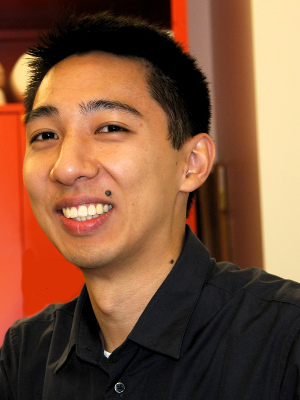
We typically assess problem-solving expertise in physics instruction via the correctness of student solutions. I will provide arguments for why this level of assessment is insufficient, contrasting different ways students can reach correct answers. Specifically, I will argue that reasoning conceptually during quantitative problem-solving is a desired component of physics expertise. I will provide examples of this type of reasoning in introductory physics, as well as results from a study in introductory physics courses showing the benefits of a curriculum focused on mathematical sensemaking. I will conclude by discussing open questions and future directions.
